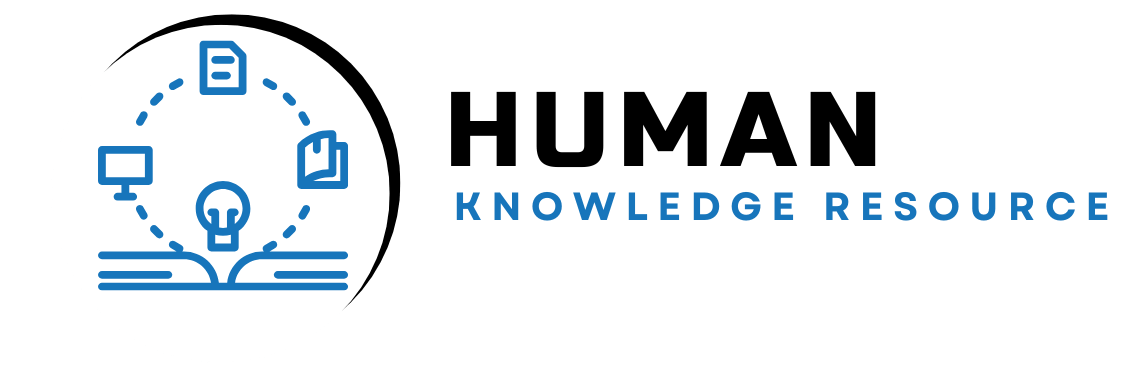Preparing for IGCSE exams can feel overwhelming—but with the right IGCSE books and notes, you can make your journey more organized, effective, and less stressful. Whether you’re aiming for top grades or simply trying to pass confidently, the right study resources play a crucial role. In this guide, we’ll explore everything students need to know about IGCSE books and notes, how to use them effectively, and how platforms like Student Resource help simplify your preparation.
What Are IGCSE Books and Notes?
IGCSE books refer to official textbooks, study guides, and past paper compilations designed to cover the curriculum set by boards like Cambridge or Edexcel. These books explain concepts, offer practice questions, and help students build a solid foundation in each subject.
IGCSE notes, on the other hand, are concise, summarized versions of the key concepts in each subject. Notes are typically created by teachers, students, or educational platforms to help learners revise quickly and efficiently.
Key types include:
- Core textbooks aligned with syllabus
- Revision guides
- Teacher-written notes
- Student-made summaries
- Topic-wise quick-reference charts

Why Good IGCSE Books and Notes Matter
- Clarity and Understanding: Well-structured books explain complex topics in a student-friendly way, while notes condense them into digestible points.
- Efficient Revision: Notes help save time by focusing only on what’s essential.
- Consistency: Books follow the exam board curriculum, keeping your preparation aligned with actual exam expectations.
- Confidence Boost: With proper material, students feel more prepared and less anxious.
Subjects Covered in IGCSE
IGCSE covers a wide range of subjects. Having the right books and notes for each subject ensures you stay focused and well-prepared.
Common IGCSE subjects include
- Mathematics: Algebra, Geometry, Statistics
- English Language & Literature: Reading comprehension, writing skills
- Biology, Chemistry, Physics: Core principles, diagrams, practical skills
- Business Studies & Economics: Case studies, theory, and application
- ICT & Computer Science: Programming basics, hardware/software understanding
- Geography & History: Thematic summaries, maps, dates, case studies
Each subject requires a slightly different approach to notes and reading, which is why subject-specific resources are essential.
Choosing the Best IGCSE Books
When selecting study books, always ensure:
- The book matches your exam board syllabus (Cambridge, Edexcel, etc.)
- It includes exam-style questions
- There are clear explanations, diagrams, and practice tasks
Students Resource provides a curated selection of IGCSE books across subjects, ensuring accuracy and syllabus alignment. These resources are ideal for both self-learners and students in formal settings.
Benefits of Well-Organised IGCSE Notes
Notes are powerful because they allow you to:
- Focus on core concepts quickly
- Revise without reading entire chapters again
- Use visual tools like flowcharts, tables, and mind maps
- Customise your learning experience
Platforms like Students Resource offer structured IGCSE notes tailored for different subjects and exam boards, making it easier for students to follow along with their course.
How to Use IGCSE Books and Notes Effectively
Using both books and notes in combination offers maximum benefit. Here’s how you can do that:
Step-by-Step Study Approach:
- Start with the textbook: Understand the full topic in detail.
- Summarize with notes: Create or use existing notes to retain key points.
- Practice questions: Test yourself using end-of-chapter questions or past papers.
- Revisit notes frequently: Use them for daily or weekly revision.
Study Tips:
- Highlight key points while reading books.
- Convert notes into flashcards or digital mind maps.
- Review notes regularly instead of cramming at the end.
Digital vs. Physical Notes: What Works Best?
Both formats have their strengths:
Digital Notes:
- Easy to access anytime
- Can be updated or edited
- Searchable and sharable
Physical Notes:
- Boost retention when written by hand
- Can be pinned or posted in your study space
- Great for drawing diagrams or charts
Students Resource offers digital access to high-quality notes, making it simple for students to study on-the-go using their laptops or smartphones.
Creating a Study Routine with Books and Notes
Organizing your study routine around your materials is key. Here’s a basic weekly plan:
| Day | Activity |
|---|---|
| Monday | Read one topic from the book |
| Tuesday | Make summary notes |
| Wednesday | Solve related questions |
| Thursday | Review notes + attempt a past paper |
| Friday | Watch videos or visual learning |
| Saturday | Group study or peer review |
| Sunday | Revise notes only |
A platform like Students Resource supports this cycle by offering all-in-one access to notes, books, and past paper collections.
Avoiding Common Mistakes with IGCSE Books and Notes
- Over-relying on notes only: Always start with textbooks for full understanding.
- Using outdated books: Always choose material based on the latest syllabus.
- Not updating notes: Keep them current with new concepts and teacher inputs.
- Ignoring diagrams and visuals: These often appear in exam questions.
- Skipping past papers: Practicing old questions builds real exam confidence.

How Students Resource Helps IGCSE Students
Students Resource is a trusted platform that offers
- Access to subject-wise IGCSE books
- Downloadable revision notes
- Categorised content for easier navigation
- Updated material based on latest syllabi
- Study tips and academic support
With everything in one place, students can rely on it to guide their preparation from start to finish.
FAQs About IGCSE Books and Notes
Q: Do I need both notes and books to succeed?
Yes, books build your knowledge while notes sharpen your revision.
Q: What makes a good IGCSE note?
Concise, clear, topic-wise breakdowns with definitions, examples, and diagrams.
Q: How often should I revise my notes?
Weekly reviews are ideal to ensure retention and understanding.
Q: Can I make my own notes?
Absolutely! Personal notes can help you better understand your study style.
Final Thoughts
Success in IGCSE exams comes down to how smartly you prepare—not how long you study. Using high-quality IGCSE books and notes allows you to focus your time, energy, and attention on what really matters. Whether you’re working through complex maths problems or memorizing biology terms, the combination of a structured textbook and efficient notes will give you a huge advantage.
Platforms like Students Resource make this easier by providing reliable, organized, and up-to-date content tailored to your IGCSE journey. So, if you’re ready to take your revision to the next level, start building your resources today—your future self will thank you.

